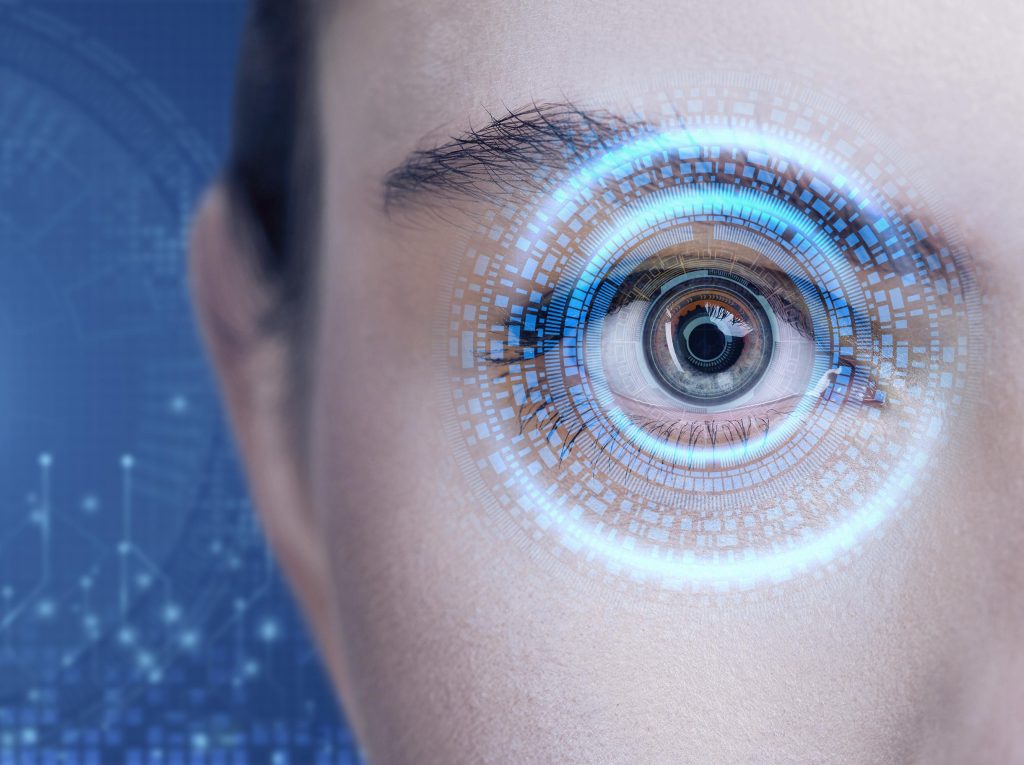At the Mobile World Congress (MWC) Shanghai 2024, Honor, the global technology brand, made waves with the introduction of two cutting-edge artificial intelligence innovations. These on-device AI technologies, namely AI Defocus Eye Protection and AI Deepfake Detection, are set to revolutionize user experience and safety in the digital age.
Battling the Myopia Epidemic with AI
The first of Honor’s innovations, AI Defocus Eye Protection, takes aim at a growing health concern in our increasingly screen-dependent world: myopia. With cases of nearsightedness on the rise globally due to prolonged screen time, Honor’s solution leverages artificial intelligence to simulate the effect of defocus glasses directly on smart device displays.
The concept behind this technology is rooted in optometric research, which has shown that defocus glasses can be beneficial for eye health. These specialized lenses create a controlled blur in the wearer’s peripheral vision while maintaining clear central vision. This alteration in visual perception has been found to slow down the eye elongation process that leads to myopia.

Honor’s AI-powered approach brings this concept into the digital realm. By simulating the effect of defocus glasses on device screens, the technology aims to provide a similar benefit to users without the need for physical eyewear. According to Honor’s research, the results are promising. Users who engaged with the AI Defocus Eye Protection feature for 25 minutes experienced an average decrease in transient myopia of 13 degrees. Even more impressively, some participants reported a reduction of up to 75 degrees.
This innovation marks a significant shift in eye protection technology for digital devices. While previous approaches focused primarily on prevention through measures like blue light filters, Honor’s solution takes a more active role in potentially relieving and mitigating the effects of prolonged screen use on eye health.
Combating Digital Deception with AI
The second major announcement from Honor at MWC Shanghai was their AI Deepfake Detection technology. This innovation comes at a crucial time, as the rise of sophisticated AI-generated content has led to increasing concerns about digital fraud and misinformation.
Honor’s approach to this challenge is to fight fire with fire, using artificial intelligence to detect content that has been artificially created or manipulated. The AI Deepfake Detection system works by conducting a frame-by-frame analysis of digital content, scrutinizing elements that might escape human perception.
Key factors examined by the AI include:
- Eye contact consistency
- Lighting authenticity
- Image clarity
- Video playback anomalies
By focusing on these subtle details, the system can identify discrepancies that may indicate artificial manipulation. What sets Honor’s technology apart is its speed and efficiency. The company reports that their AI can perform identification, screening, and comparison of content within just three seconds.
To achieve this level of accuracy and speed, Honor has invested heavily in training their AI model. The system has been exposed to a vast dataset of images and videos related to online scams, allowing it to build a comprehensive understanding of the hallmarks of manipulated content.

When the AI Deepfake Detection system identifies potentially synthetic or altered content, it immediately issues a risk warning to the user. This prompt action aims to deter users from engaging further with what could be fraudulent material, thereby enhancing online safety.
On-Device AI: The Next Frontier
A key aspect of both these innovations is their on-device nature. Unlike many AI features that rely on cloud processing, Honor’s technologies operate directly on the user’s device. This approach offers several advantages:
- Enhanced privacy: By processing data locally, sensitive information doesn’t need to be sent to external servers.
- Faster response times: On-device processing eliminates the latency associated with cloud-based solutions.
- Offline functionality: Users can benefit from these features even without an internet connection.
Honor’s CEO, George Zhao, emphasized the company’s commitment to on-device AI during the MWC keynote. He argued that while much of the industry has focused on cloud-based AI, smartphones – with their intimate understanding of user behavior – are uniquely positioned to deliver personalized, AI-driven services.
Zhao envisions a future where on-device AI empowers users to become more capable in all aspects of their digital lives. He extended an invitation to other industry players to join Honor in exploring the vast potential of this technology.
Looking Ahead
Honor’s presentations at MWC Shanghai 2024 signal a new chapter in the evolution of smartphone technology. By addressing real-world issues like myopia and deepfake fraud, the company is demonstrating how AI can be harnessed to create tangible benefits for users.
As these technologies move from the conference stage to consumer devices, it will be interesting to observe their real-world impact. Will AI Defocus Eye Protection lead to a measurable decrease in myopia rates among smartphone users? Can AI Deepfake Detection keep pace with the rapidly evolving capabilities of content generation AI?
What’s clear is that Honor’s innovations represent just the beginning of what’s possible with on-device AI. As smartphones continue to evolve into ever more powerful and intelligent devices, we can expect to see an increasing array of AI-driven features that enhance, protect, and empower users in their daily digital interactions.

The tech world will be watching closely as Honor and other manufacturers push the boundaries of what’s possible with artificial intelligence in our most personal devices. If successful, these innovations could mark the start of a new era in which our smartphones become not just tools, but intelligent companions actively working to improve our digital lives.
Copyright©dhaka.ai
tags: Artificial Intelligence, Ai, Dhaka Ai, Ai In Bangladesh, Ai In Dhaka, Broadcom, Claude, Future of AI, Honor, Artificial Intelligence in Bangladesh



